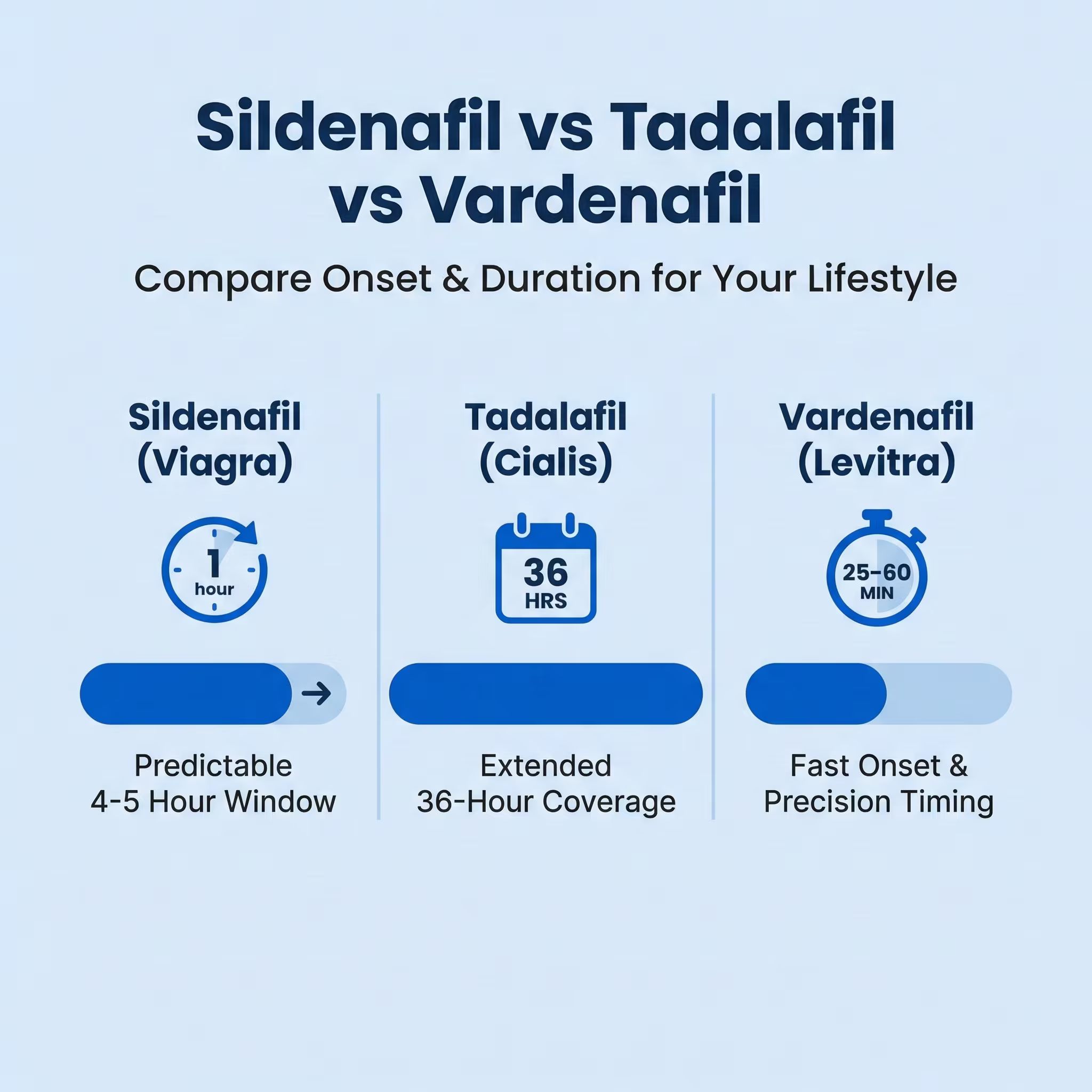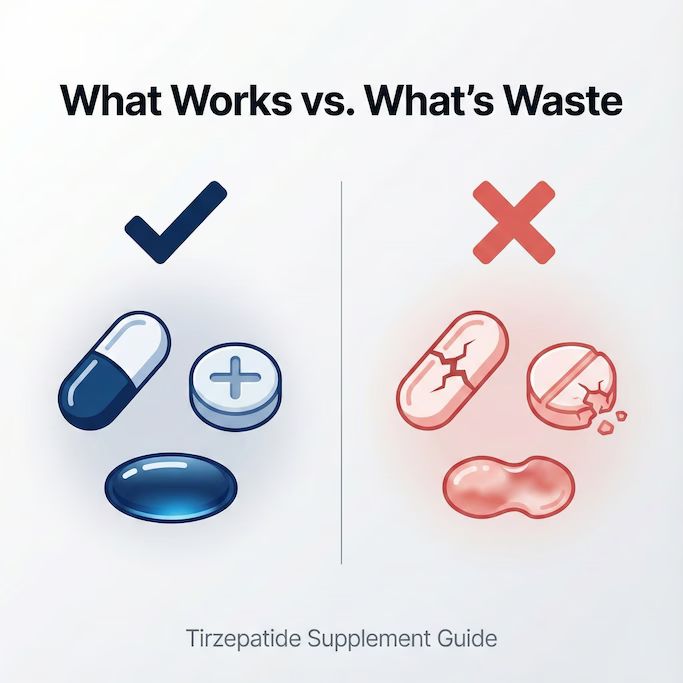People who bounce back after a stressful or traumatic event are often described as emotionally resilient. Nelson Mandela, who spent 27 years in prison only to go on to become president of South Africa and a Nobel Peace Prize winner, is commonly described this way. He remained “habitually thoughtful’ and maintained a wry sense of humor despite his long confinement. Even South African officials said Mandela showed “great resilience” as the 95-year-old icon fought for his life back in 2013, just before he died.
But are people like Mandela simply born resilient? Or can resilience be learned? Read on to find out.
What is emotional resilience?
Emotional resilience describes the ability to adapt to stressful situations. When you are resilient, you are less likely to dwell on your problems, feel victimized, or succumb to unhealthy coping mechanisms. Instead, you’re more likely to accept that such problems are a fact of life that can be figured out, whether you tap into inner strength or enlist support from others. Resilience doesn’t make a person immune to stress; it makes them more adaptable when stress occurs.
Are you born with emotional resilience?
Experts say emotional resilience is dictated by a combination of genetics, environment, personal history, and situational context, with genetics playing the smallest role. The quality of someone’s close personal relationships, especially in childhood, plays a significant role in the development of resilience.
However, resilience can also evolve over time, even if your childhood was less than ideal. One study from the University of Colorado found that some children who were victims of abuse were better able to foster resilience when they exhibited certain skills and behaviors such as responding quickly to danger, building relationships to stay safe, being willing to take risks, and changing the way they perceived painful experiences. Anyone can take action to build and strengthen resilience no matter what circumstances they were born into or and what trauma they’ve endured.
Benefits of emotional resilience
Some of the benefits of emotional resilience include:
Tips for building emotional resilience
Want to become more emotionally resilient? Consider integrating some of the following techniques into your life:
- Lean into the power of community and social support: Being resilient doesn’t mean handling everything on your own. Studies show that high quality relationships and social support can enhance your resilience to stress, whether that means reaching out to a therapist or a trusted friend.
- Change your outlook: The way you view stress and adversity affects how you move through life. Of course this doesn’t apply to every challenge or tough situation that comes your way, but your mindset makes a difference. Can you look at some challenges as opportunities for growth? Can you find the positive in a negative past experience?
- Face difficult situations: Avoiding your fears and other tricky situations may feel like a good idea in the moment and could provide some short-term relief, but this comes at a cost — you don’t learn how to overcome them and might actually feel more stressed or anxious the next time that fear arises.
- Make a habit of exercising: You’re probably well aware that exercise can help improve your physical health and well-being, but did you know that exercise also amps up the production of feel-good endorphins and increases your resilience to stress.
- Try to find something meaningful each day: Every day, engage in activities that make you feel a sense of achievement and purpose. Establish clear, realistic objectives to help you focus on a meaningful future.
Dr. Cam’s Health Hack
Check out the book The Happiness Trap: How to Stop Struggling and Start Living by Dr. Russ Harris. The book covers the insights and techniques of Acceptance and Commitment Therapy (ACT), a form of psychotherapy taught and practiced by Maximus CEO and founder Dr. Cam Sepah. ACT teaches people to stop avoiding, denying, and struggling with difficult emotions, and, instead, accept that these feelings are a jumping off point to make necessary behavioral changes.
The goal with ACT is to increase something called psychological flexibility, which allows you to stay in the present even when unpleasant thoughts or feelings come up.
The six core processes of ACT that are designed to foster psychological flexibility include:
- Acceptance: Instead of resisting your thoughts and emotions, accept them fully.
- Cognitive defusion: This is all about noticing and creating space around your thoughts and feelings rather than getting caught up in them. You may be able to distance yourself from limiting thoughts through techniques like labeling the thought, letting thoughts come and go instead of hanging onto them, or even thanking your mind for the thought to alter your relationship with it.
- Being present: See if you can observe your thoughts, emotions, and sensations without judgment, and experience events more clearly and directly right as they occur. Breathing exercises and meditation can help.
- Self as context: Notice your thoughts, feelings, and emotions, taking a step back to acknowledge that you are noticing them.
- Values: What values are important to you? Choose personal values that are not based on avoidance or social compliance. Choose your values freely without trying to justify them.
- Committed action: Take concrete steps to align your behavior with your chosen values.
Discussing the premise of Harris’s book and the ACT philosophy, Dr. Cam explains:
“The reason that Americans are so miserable is because they are obsessed with the pursuit of happiness…Instead of chasing happiness, chase meaning and living a values-driven life.”
Takeaways
Emotional resilience is a skill anyone can learn. Remember:
- Being emotionally resilient comes with several advantages, including the ability to cope with stress, protect against mental health conditions like depression and anxiety, and experience greater life satisfaction.
- To enhance your emotional resilience, don’t be afraid to seek support from others, be willing to take risks, be open to shifting your mindset, and find something meaningful in every day.
- Consider exploring the principles of Acceptance and Commitment Therapy (ACT). This therapy emphasizes accepting difficult emotions and using them as a starting point for behavioral changes.
Disclaimer: The contents of this article, including, but not limited to, text, graphics, images, and other information, is for information purposes only and does not constitute medical advice. The information contained herein is not a substitute for and should never be relied upon for professional medical advice. The content is not meant to be complete or exhaustive or to be applicable to any specific individual's medical condition. You should consult a licensed healthcare professional before starting any health protocol and seek the advice of your physician or other medical professional if you have questions or concerns about a medical condition. Always talk to your doctor about the risks and benefits of any treatment. Never disregard or delay seeking professional medical advice or treatment because of something you have read on this site. Maximus does not recommend, endorse, or make any representation about the efficacy, appropriateness, or suitability of any specific test, products, procedures, treatments, services, opinions, healthcare providers or other information contained herein. Maximus is not responsible for, nor will they bear any liability for, the content provided herein or any actions or outcomes resulting from or related to its use.










